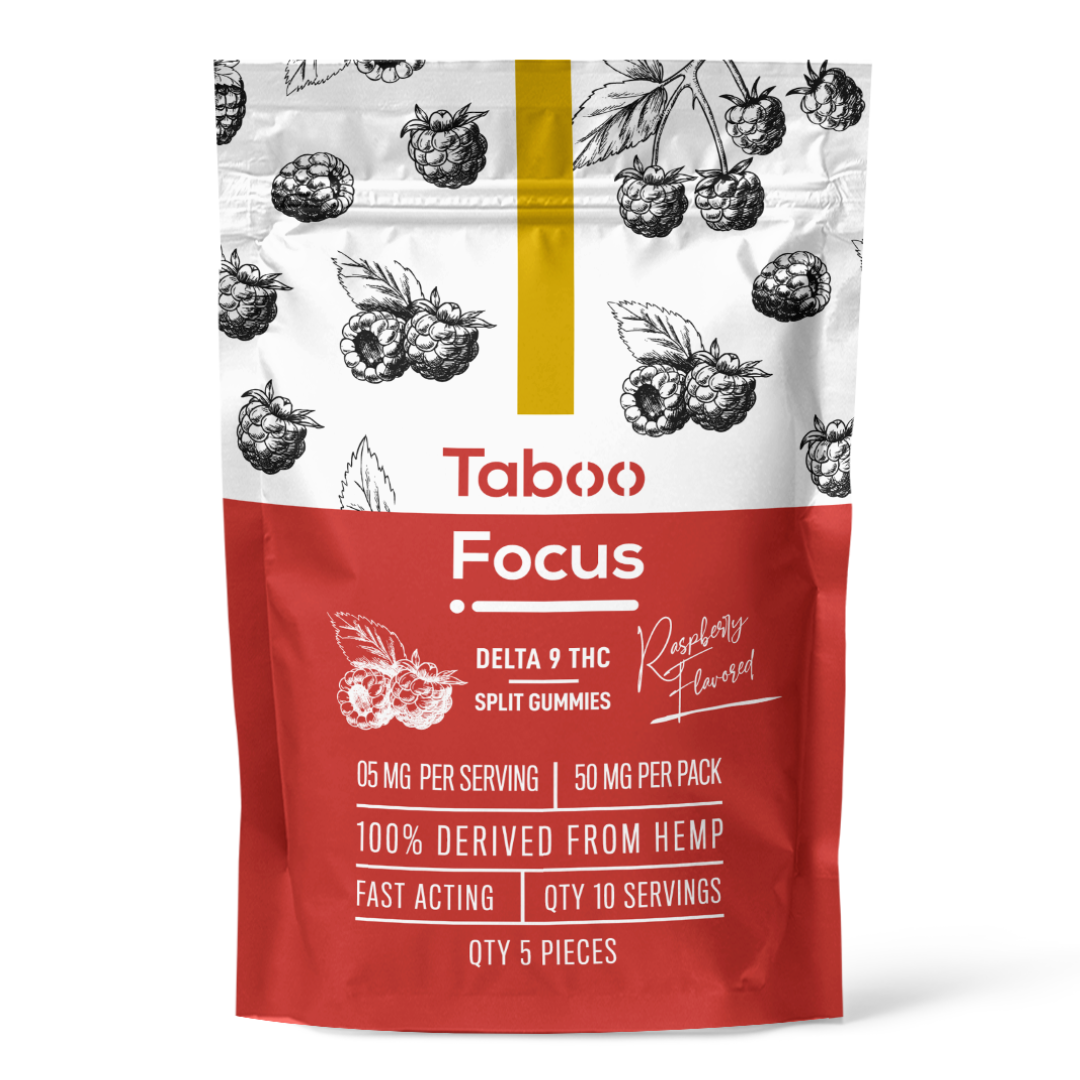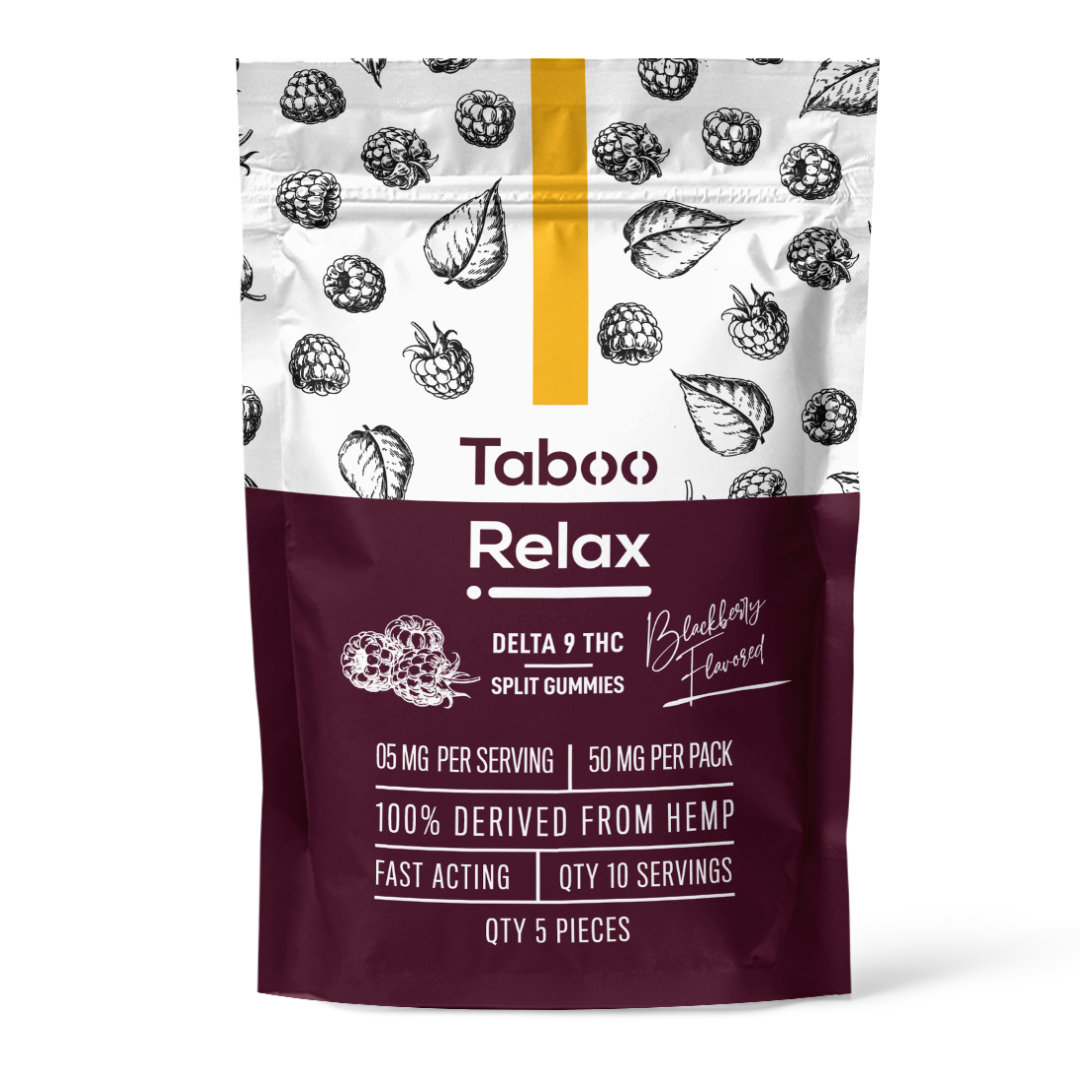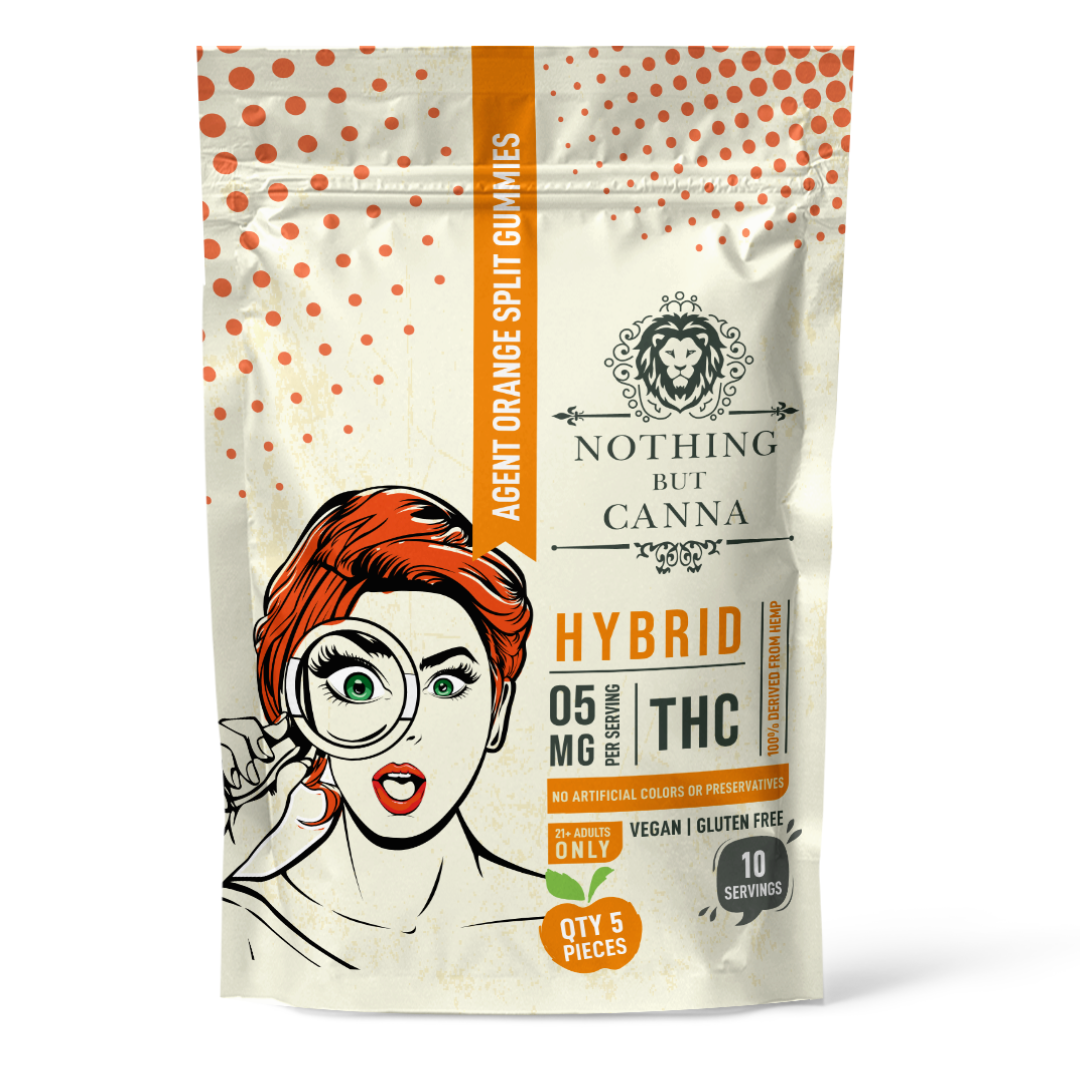
The U.S. Food and Drug Administration has regulated the country’s hemp and CBD oil market since they were made legal at the end of 2018. This hasn’t always left farmers and business owners too happy.
Now, the FDA has introduced to Congress a new plan for how it would proceed in researching and regulating the CBD industry. This week, the FDA sent the plan and now we have learned more about the agency’s intentions despite months of confusion among interested party.
In the first months after hemp was legalized in December 2018, the FDA issued a series of warnings and other notices that some companies were selling hem with THC levels that exceeded the legal limits or were making outlandish claims about their products’ effectiveness.
Some in the years since CBD’s legalization have claimed that their products can cure cancer, the novel coronavirus, and they have made even more unverified claims.
Still, the FDA’s regulations are not without their downsides. The early months of 2019 saw a flurry of police actions against nonviolent hemp entrepreneurs who were seeking to sell their wares because federal regulations were not clear enough.
Police at the time confused legal hemp crops with illegal high-THC yields that they then confiscated.
THC is the active ingredient in marijuana that causes intoxication in its users.
“We want to thank the FDA for recognizing the importance of thoughtful regulation in the cannabis industry and applaud its efforts to recommend future studies that will improve insight into our fast-growing marketplace," David Culver, U.S. vice president of Canopy Growth Corp. told Yahoo! Finance.
The FDA sent its report, called "Sampling Study of the Current Cannabidiol Marketplace to Determine the Extent That Products are Mislabeled or Adulterated,” to the House and Senate committees on appropriations Thursday.
The report to Congress documented testing of hemp crops across the states, finding some yields which exceeded the legal limits on THC.
Some farmers and retailers have long complained that the FDA refuses to classify CBD as a dietary supplement, which would allow manufacturers and retailers to produce their products without the shadow of government overreach and overreaction.
“Collectively, these third-party reports consistently confirm that the CBD/hemp product category would benefit from active regulatory oversight by the FDA and legislative action from Congress,” the FDA said in its report.
Sources
[1] https://finance.yahoo.com/news/fdas-report-congress-cbd-know-183131387.html
[2] https://www.foodandwine.com/news/cbd-products-fda-tests-cbd























